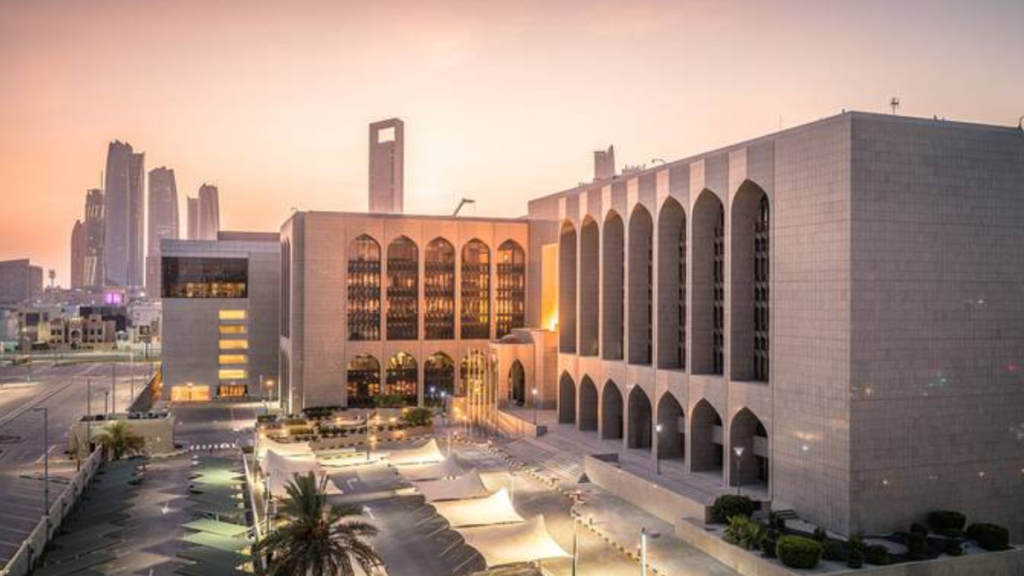
Mohamed Al Khaja, the Ambassador of the United Arab Emirates (UAE) to Israel, called for increased investment from Israeli and Emirati investors in each other’s exchanges to increase liquidity.
Two years after the Abraham Accords, which saw relations normalized between Israel, Bahrain, the UAE, and Morocco, several economic, trade, and financial agreements between Israel and the UAE grew significantly.
Earlier this month, Mohamed Al Khaja, joined hands with Ittai Ben-Zeev and Ahmed Al Zaabi to open the day’s trading on the Tel Aviv Stock Exchange. Ittai Ben Zeev, the chief executive of the Tel Aviv Stock Exchange, proposed that Israeli brokers offer Emirati securities to Israeli investors and international brokers offer Israeli ones to investors in the UAE. The head of Israel’s stock exchange called for increased investment from Israeli and Emirati investors.
Emirati investor Sabah Al-Binali, part of the visiting UAE delegation, was happy as he watched the event in Tel Aviv earlier this month. Mohamed al Khaja told Israeli companies that his country was looking to develop long-term opportunities.
Ketaki Sharma, the founder, and chief executive of Algorithm Research, a data and economics research firm, based in Dubai, believes that trade between Israel and the UAE will exceed $10bn over the next five years. She pointed to the UN data showing that from 2020 to 2021, Israel’s annual exports to the UAE soared from $74m to $384m. At the same time, trade going in the other direction rose from $115m to $632m.
According to the Israeli Ministry of Defence, arms sales in 2021 peaked at $11.3 billion, with 7% of those going to the UAE and Bahrain.
The two countries, once nominal enemies, turned into official allies after the signing of the historic agreement. After the Abraham Accords, diplomatic relations between Israel and the UAE have significantly increased. Israel’s fast-growing trade ties with the UAE have shown positive results. In comparison to 2020, Israel’s Central Bureau of Statistics recorded more than a 30% increase in the import and export of goods, to and from the UAE.
Recently, Amir Hayek, Israeli Ambassador to the UAE, said that Israel-UAE bilateral trade witnessed a 117 percent increase during the first half of 2022 compared to the same period last year. He reportedly said, “The bilateral trade worth $560 million during the first six months of 2021 surged $1.214 billion during the first half of 2022, which is a 117 percent increase.”
Recently, the central bank, headed by governor Amir Yaron, projected Israeli economic growth of 5% in 2022. The UAE Central Bank said in its latest Quarterly Economic Review 2022 that the economy of the UAE is set to post its strongest annual expansion since 2011 after it grew by 8.2 percent in the first three months of this year.

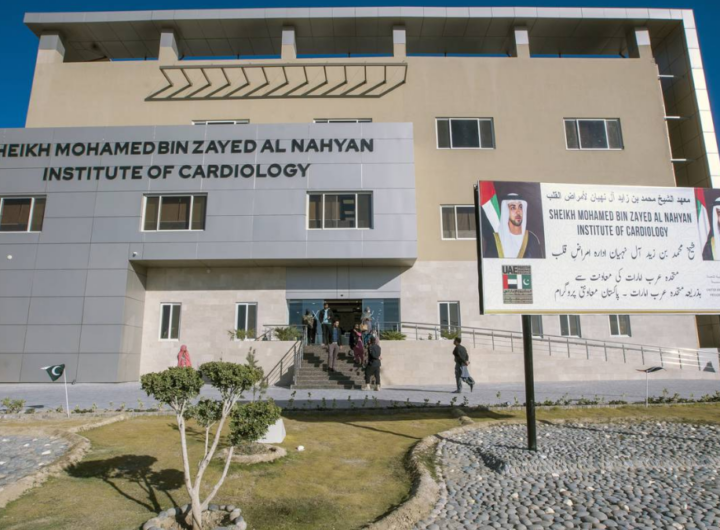 Sheikh Mohamed bin Zayed Institute of Cardiology opens in Pakistan
Sheikh Mohamed bin Zayed Institute of Cardiology opens in Pakistan 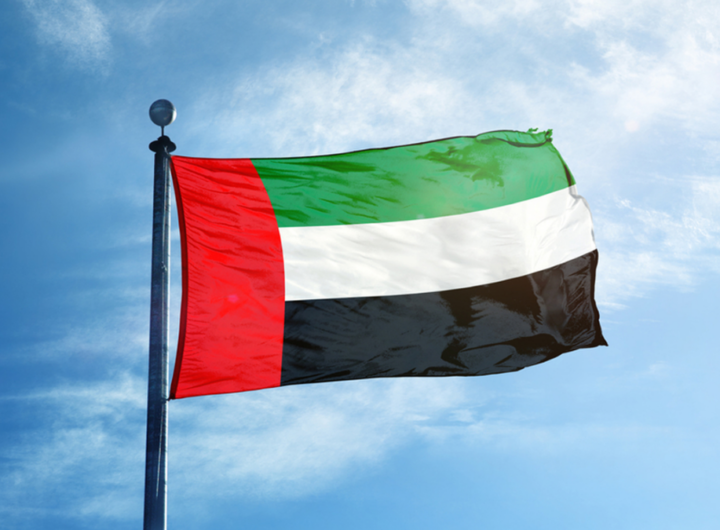 UAE enhances attractiveness as a preferred destination
UAE enhances attractiveness as a preferred destination 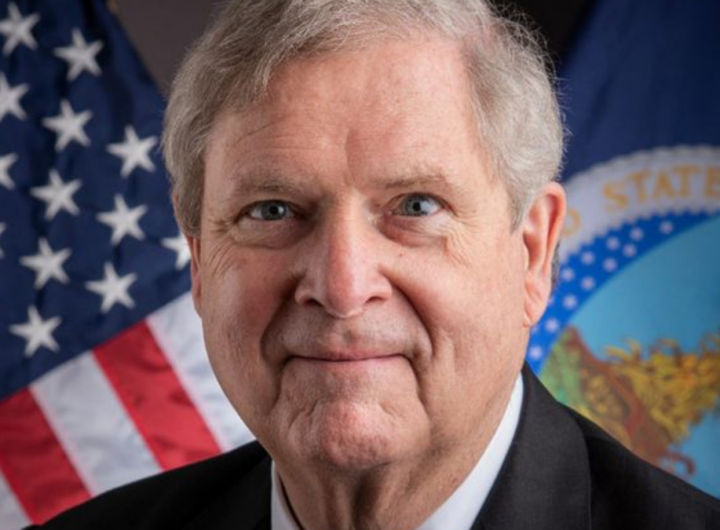 UAE is a committed partner for climate actions: US Secretary of Agriculture
UAE is a committed partner for climate actions: US Secretary of Agriculture 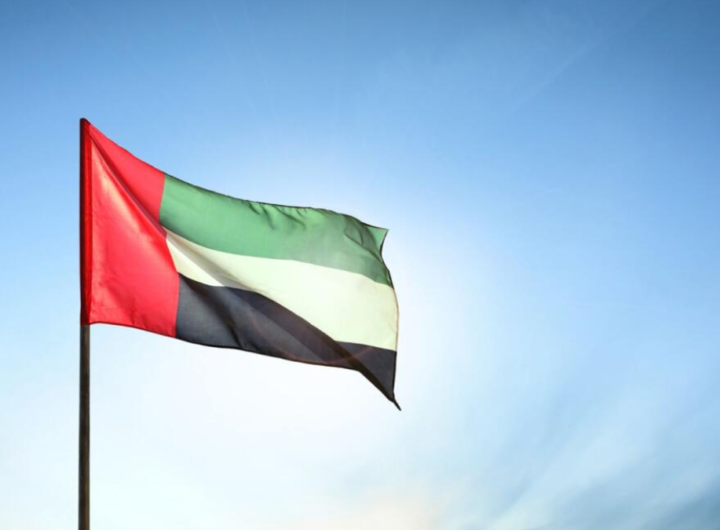 UAE’s initiative to crystalize the industry’s future
UAE’s initiative to crystalize the industry’s future 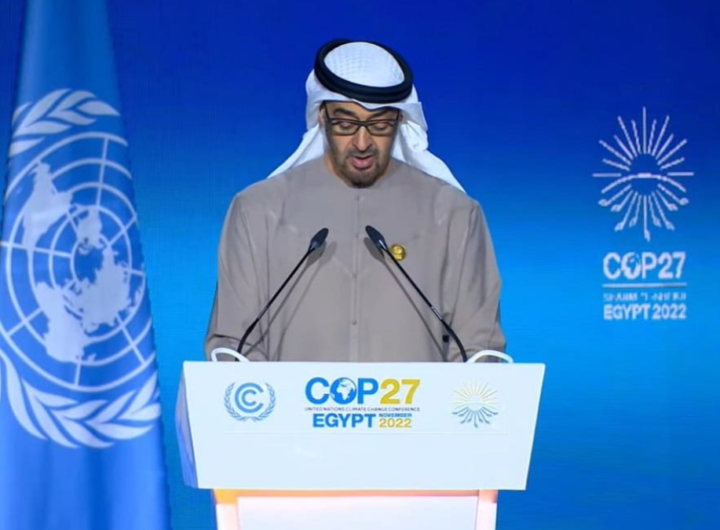 UAE President’s vision that supports world’s efforts to address climate change
UAE President’s vision that supports world’s efforts to address climate change 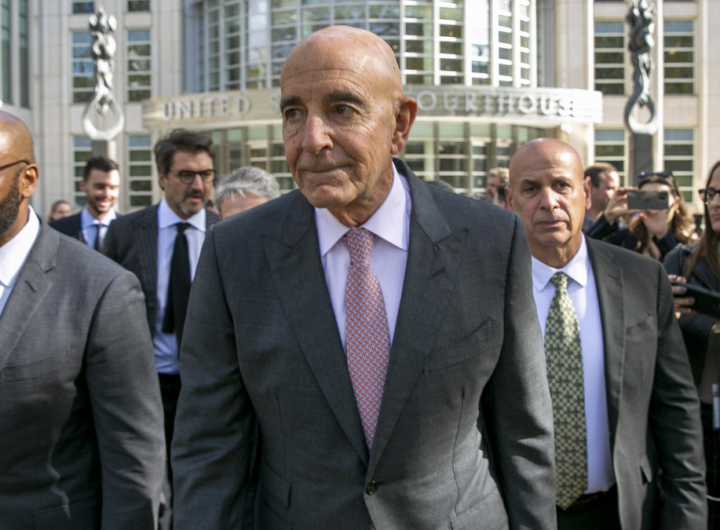 Donald Trump’s long-time ally found not guilty on foreign lobbying charges
Donald Trump’s long-time ally found not guilty on foreign lobbying charges 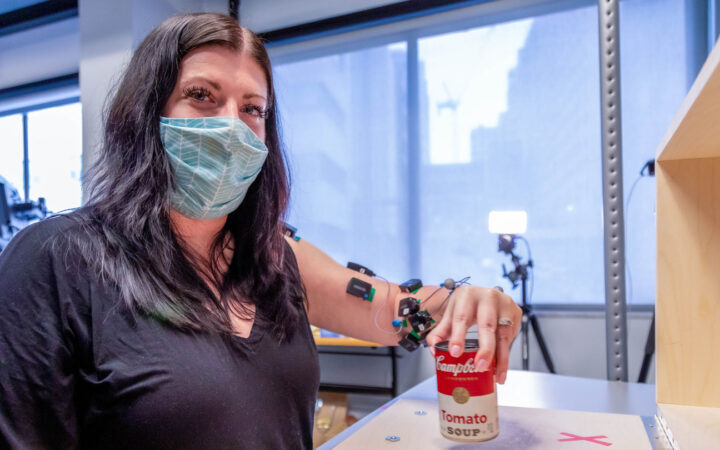 A new treatment could restore some mobility in people paralyzed by strokes
A new treatment could restore some mobility in people paralyzed by strokes 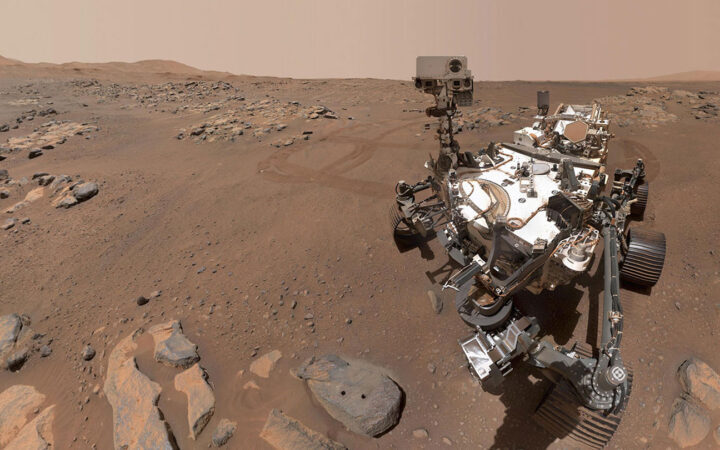 What has Perseverance found in two years on Mars?
What has Perseverance found in two years on Mars?  This robot automatically tucks its limbs to squeeze through spaces
This robot automatically tucks its limbs to squeeze through spaces 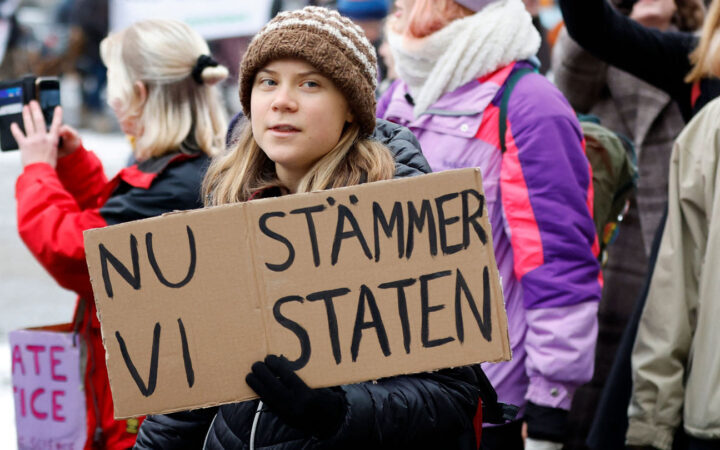 Greta Thunberg’s new book urges the world to take climate action now
Greta Thunberg’s new book urges the world to take climate action now